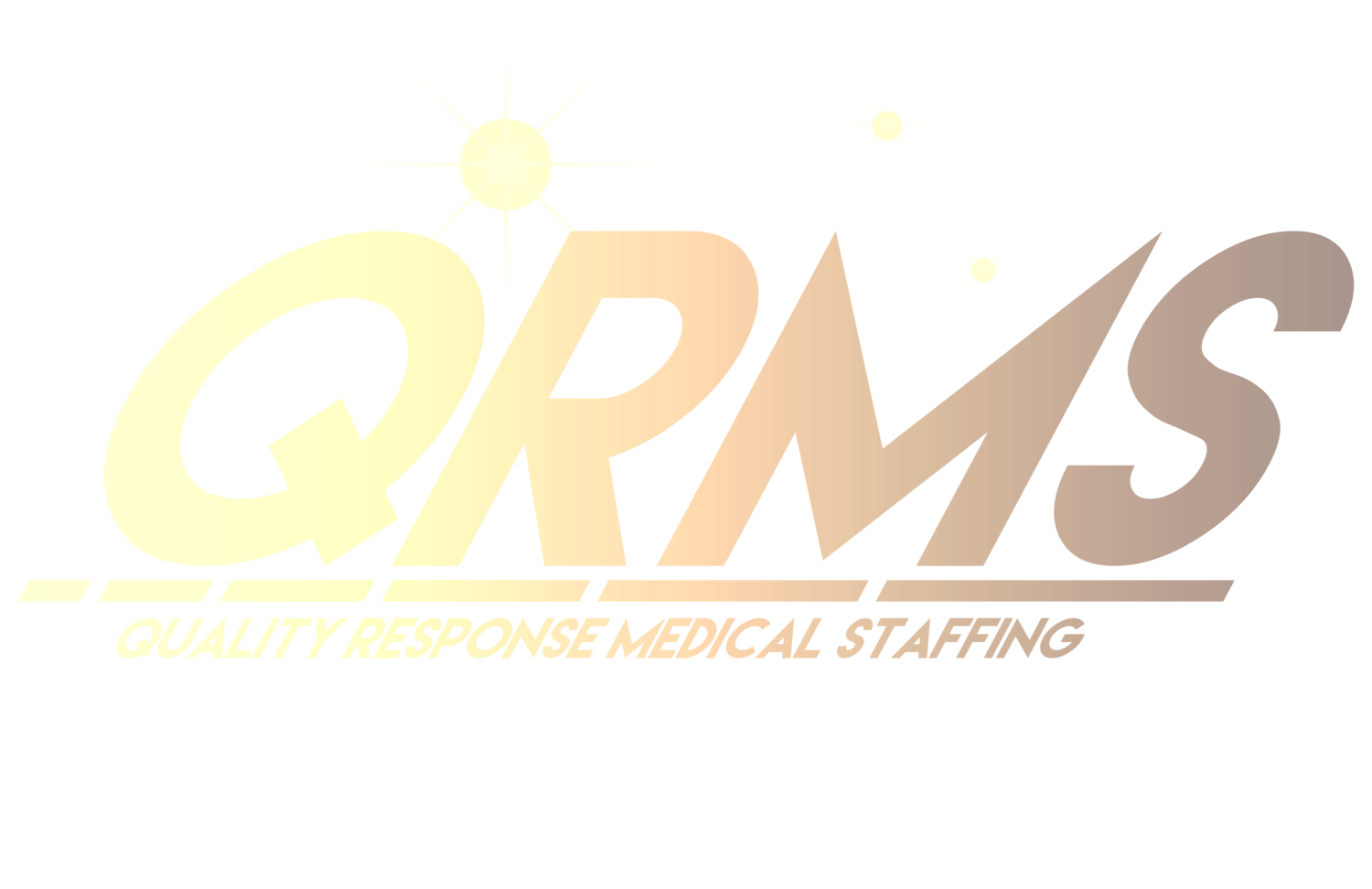Relaxation Techniques for Nurses
Nursing is a noble and demanding profession. The responsibilities that come with caring for the health and well-being of others can be physically and emotionally draining. As a nurse, it is crucial to prioritize self-care and find effective ways to relax the nervous system after a challenging shift. In this article, we will explore various relaxation techniques that can help nurses unwind and promote overall well-being.
Mindful Breathing
Mindful breathing is a simple yet powerful technique that can be practiced anywhere, at any time. Take a few minutes to sit in a quiet space, close your eyes, and focus on your breath. Inhale deeply through your nose, allowing your lungs to fill with air, and then exhale slowly through your mouth. Pay attention to the sensation of each breath and let go of any tension with each exhale. This practice can help regulate the autonomic nervous system and promote a sense of calm.
Progressive Muscle Relaxation (PMR)
Progressive Muscle Relaxation is a technique that involves tensing and then releasing different muscle groups to reduce overall tension in the body. Start by tensing a specific muscle group, such as your shoulders or fists, for a few seconds, and then release the tension as you exhale. Move through various muscle groups, working your way from head to toe. PMR is effective in promoting physical and mental relaxation, making it an excellent choice for nurses seeking relief from muscle tension.
Guided Imagery
Guided imagery involves creating a mental image of a peaceful and calming place. Close your eyes and visualize a serene setting, such as a beach, forest, or mountains. Engage your senses by imagining the sounds, smells, and sensations associated with that place. This technique can transport your mind away from the stressors of your work environment, providing a mental escape and promoting relaxation.
Yoga and Stretching
Physical activity is a fantastic way to release built-up tension and promote relaxation. Yoga, in particular, combines gentle movement with mindful breathing, fostering a mind-body connection. Incorporate simple yoga poses and stretches into your routine to release muscle tightness and improve flexibility. Even a short yoga session can have profound effects on both physical and mental well-being.
Warm Bath or Shower
A warm bath or shower can be incredibly soothing after a demanding shift. The warm water helps relax tense muscles, while the sensation of water can have a calming effect on the nervous system. Consider adding essential oils such as lavender or chamomile to enhance the relaxation experience.
Takeaway
In the demanding world of nursing, taking time to relax and unwind is essential for maintaining both physical and mental well-being. By incorporating these relaxation techniques into your post-shift routine, you can help regulate your nervous system, reduce stress, and cultivate a sense of balance in your life. Remember, prioritizing self-care is not only beneficial for you but also enhances your ability to provide high-quality care to those you serve.
Health Disclaimer: This blog provides general information and discussions about health and related subjects. The information and other content provided in this blog, or any linked materials, are not intended and should not be construed as medical advice, nor is the information a substitute for professional medical expertise or treatment.

